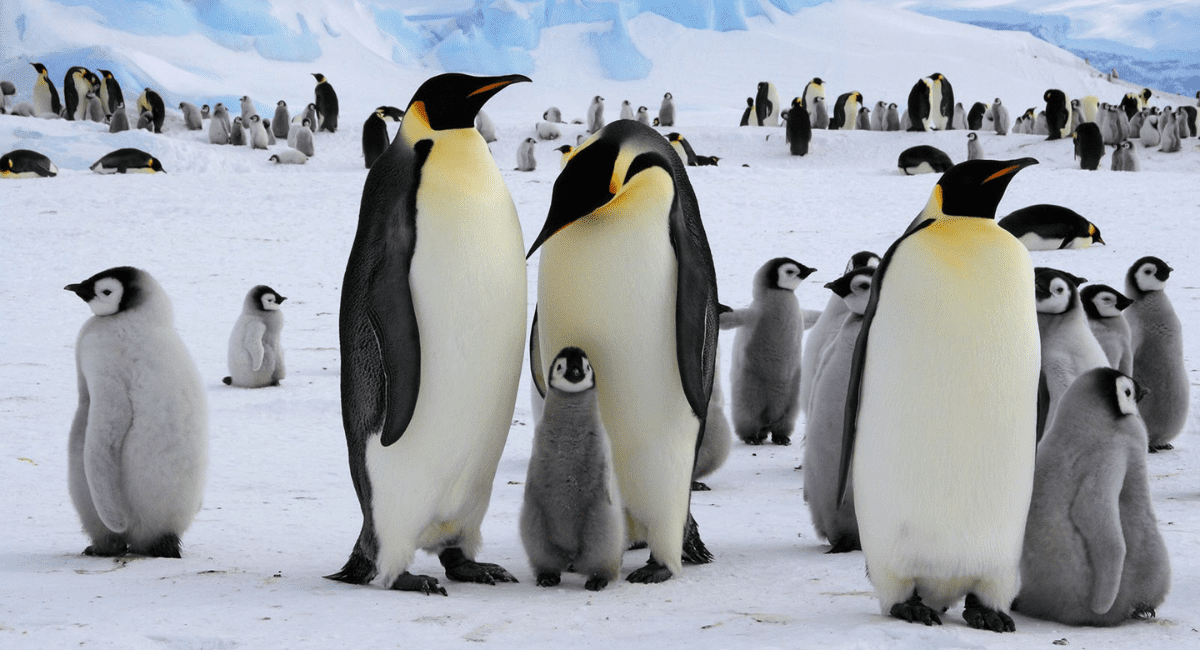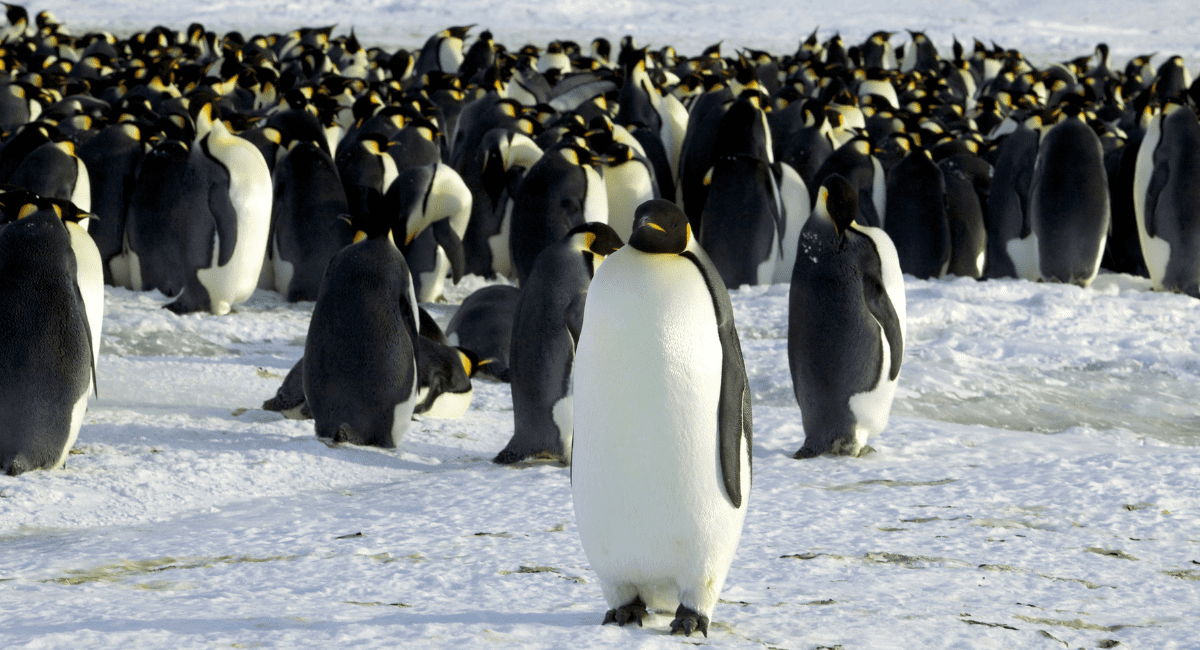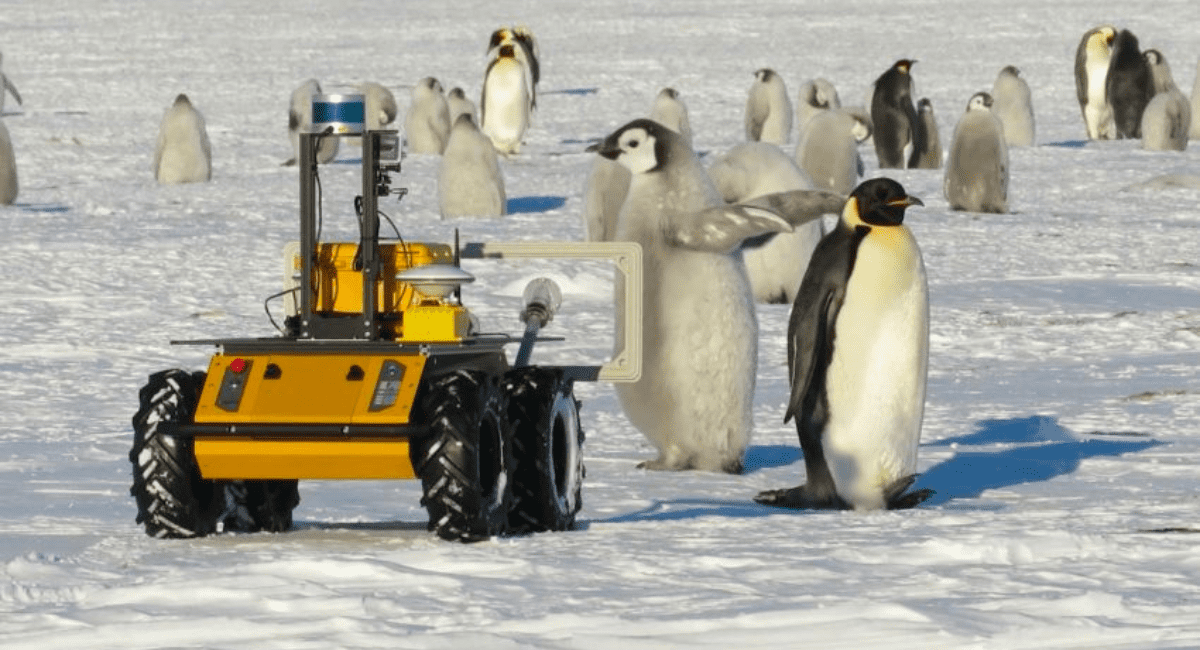
source: Bali Safari Earth Day is an annual even...
news-extra-space

 Entire penguin colonies may dwindle or vanish when sea ice melts or disintegrates earlier in the season than predicted owing to global warming. The head of the US Fish and Wildlife Service, Martha Williams, said in a statement, "This listing reflects the mounting extinction catastrophe and highlights the importance of the ESA and efforts to conserve species before population decreases become irrevocable."
According to the Massachusetts-based Woods Hole Oceanographic Institution, portions of the sea ice covering the Antarctic Peninsula have melted by more than 60% over the past 30 years. Additionally, it is possible that other species within the ecosystem are also in danger as a result of the climate crisis if emperor penguin populations suffer and fall. Emperor penguins hunt krill, fish, and squid in the ocean, but they are also eaten by killer whales and leopard seals.
Entire penguin colonies may dwindle or vanish when sea ice melts or disintegrates earlier in the season than predicted owing to global warming. The head of the US Fish and Wildlife Service, Martha Williams, said in a statement, "This listing reflects the mounting extinction catastrophe and highlights the importance of the ESA and efforts to conserve species before population decreases become irrevocable."
According to the Massachusetts-based Woods Hole Oceanographic Institution, portions of the sea ice covering the Antarctic Peninsula have melted by more than 60% over the past 30 years. Additionally, it is possible that other species within the ecosystem are also in danger as a result of the climate crisis if emperor penguin populations suffer and fall. Emperor penguins hunt krill, fish, and squid in the ocean, but they are also eaten by killer whales and leopard seals.
 Once the female bird has returned, she and her spouse take turn raising the chick until it departs the colony 150 days after birth. The chick can then take care of itself and venture out into the water to hunt for food. However, the chick must first lose it's down in order to grow the waterproof feathers it requires to swim; otherwise, if the ice melts and it is still coated in down, the chick would sink and perish.
Once the female bird has returned, she and her spouse take turn raising the chick until it departs the colony 150 days after birth. The chick can then take care of itself and venture out into the water to hunt for food. However, the chick must first lose it's down in order to grow the waterproof feathers it requires to swim; otherwise, if the ice melts and it is still coated in down, the chick would sink and perish.
Leave a Reply






